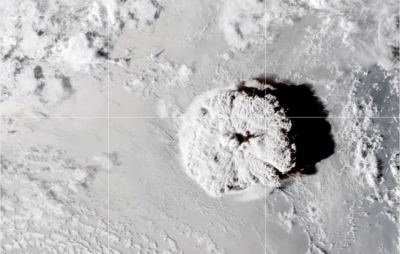
Measuring the size of a Tsunami
How big was the size of the tsunami that hit Tonga last year? A new study led by scientists at the University of Miami and the Khaled bin Sultan Living Oceans Foundation measured the size of the Tongan tsunami and

How big was the size of the tsunami that hit Tonga last year? A new study led by scientists at the University of Miami and the Khaled bin Sultan Living Oceans Foundation measured the size of the Tongan tsunami and
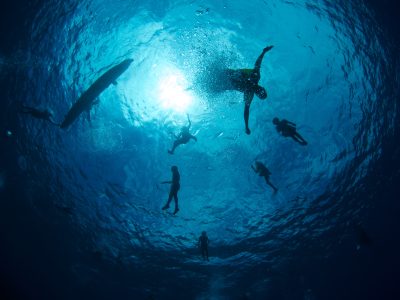
The Science Without Borders®: Conserving the Tropics project was developed by the Khaled bin Sultan Living Oceans Foundation to help address the United Nations Ocean Decade Challenge to “understand the effects of multiple stressors on ocean ecosystems, and develop solutions
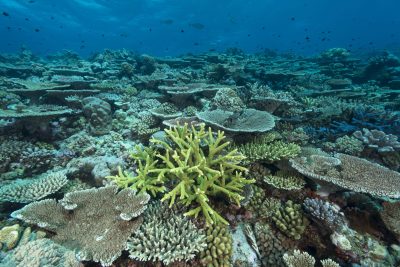
With compelling evidence that we have lost half of the world’s tropical coral reefs over the last few decades, there is an urgent need to understand their overall health. Without this basic information to use as a baseline, it is
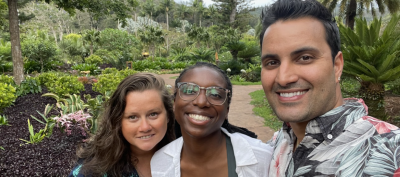
Earlier this year, the Khaled bin Sultan Living Oceans Foundation joined Dr. Ved Chirayath on a research mission to survey and map coral reefs in Lana’i, Hawaii. Chirayath leads the University of Miami’s Rosenstiel School of Marine, Atmospheric, and Earth
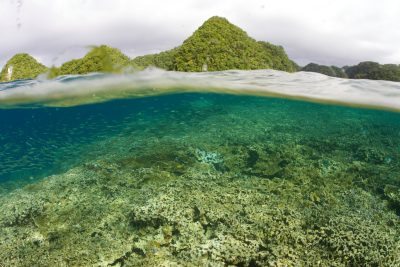
The Khaled bin Sultan Living Oceans Foundation recently hosted a webinar with our partners at the Secretariat of the Pacific Regional Environmental Programme (SPREP). SPREP is an organization established by the governments of Pacific Island nations to protect and manage
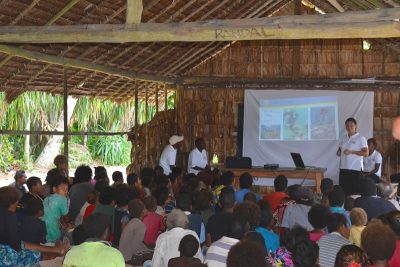
On the Global Reef Expedition, we prioritized using a collaborative approach to study and map coral reefs by partnering with scientific and local experts in each of the countries we visited. While the scientific team was conducting surveys underwater, we
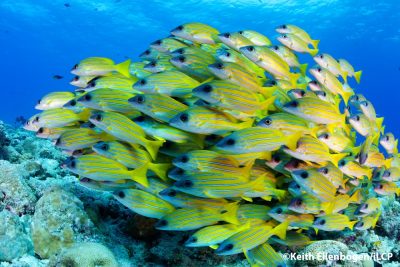
Managing marine resources is a challenge for communities around the globe. On the Global Reef Expedition, we had the opportunity to visit protected and unprotected reefs in both remote locations and those regularly used by humans. The degree of protection
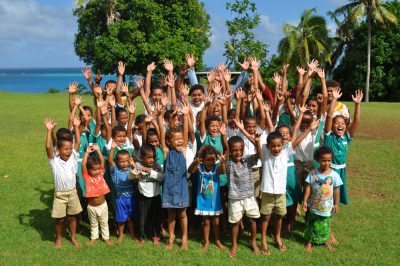
Coral reefs are majestic undersea wonders that contain some of the most unique and mysterious creatures I have ever observed. Ever since my first encounter with one while snorkeling, the natural awe and intrigue I feel in the presence of
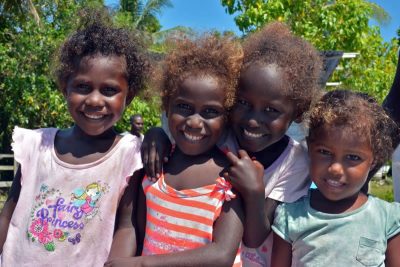
In addition to science, education and outreach are important components of conservation. That is why on many of the missions of the Global Reef Expedition (GRE), we used a three-pronged approach: science, education, and outreach. While on the Solomon Islands

For thousands of years, Palauans have practiced “bul,” which is a traditional method of ecosystem conservation. In this practice, coastal communities will close areas to fishing and prohibit access for a designated amount of time, though not indefinitely. This traditional